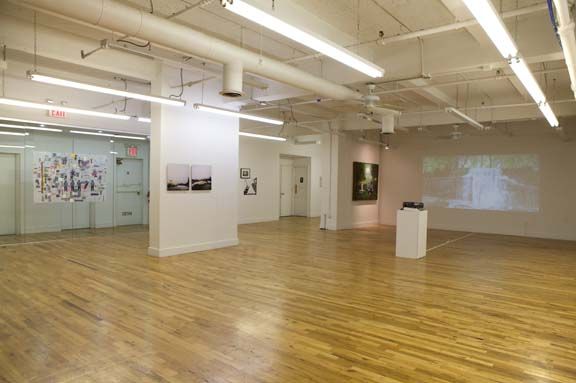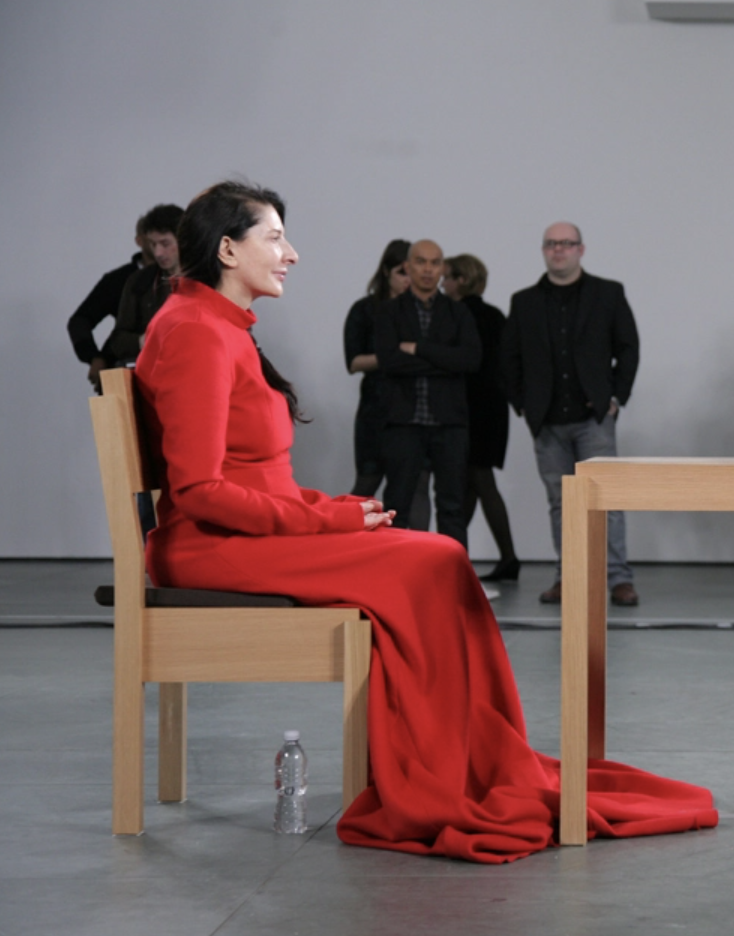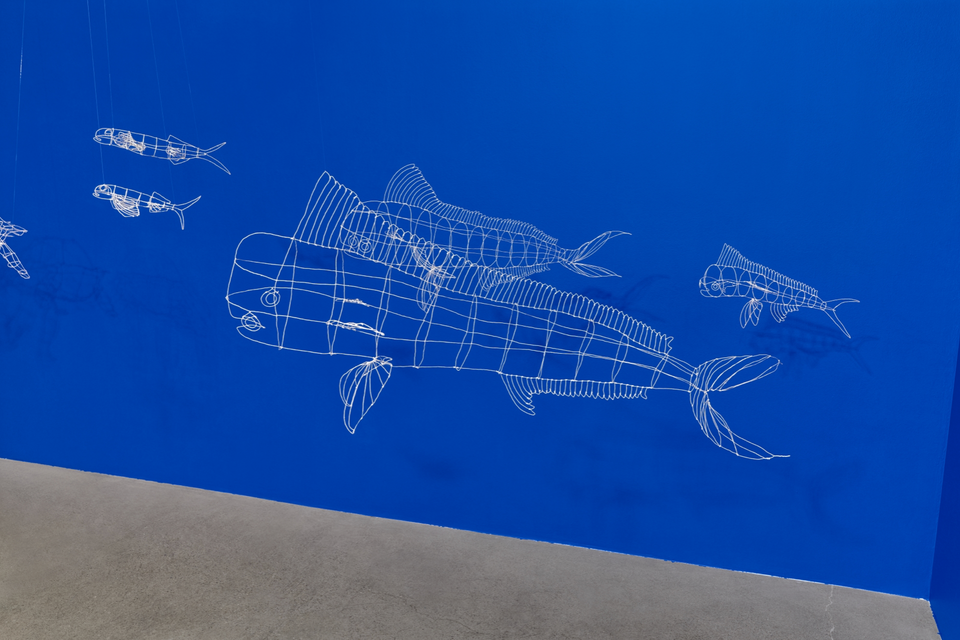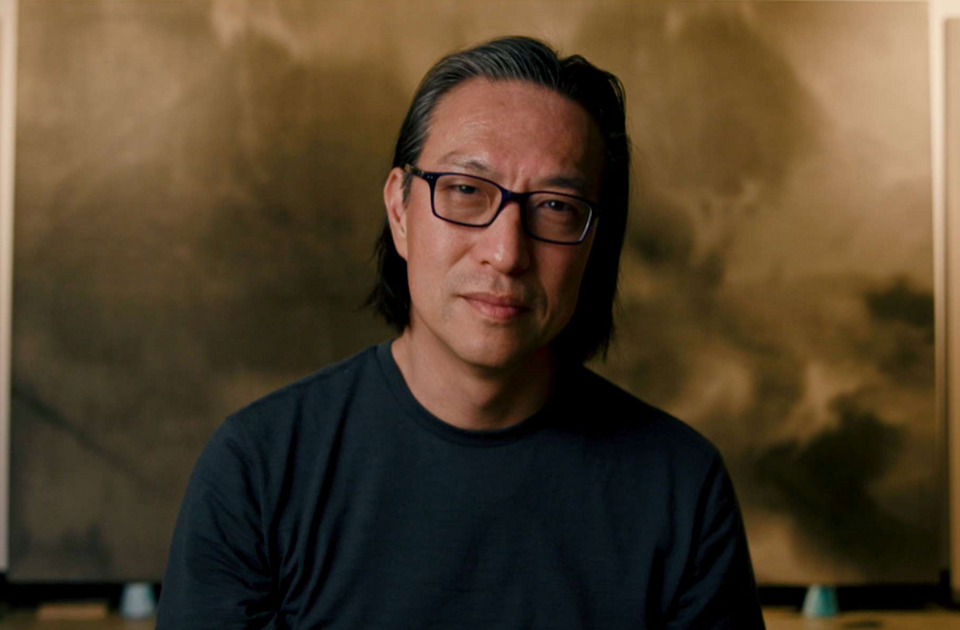Review: “I Am Not a Machine”, at NYCAMS
Friday, December 12, 2008 – Friday, January 16, 2009
New York, as far as it is understood, is still the reigning capital of the contemporary art world (to those in London, you’re not far off). Aside from its few hundred galleries, one expects to find some of the strongest art being made in Manhattan, Brooklyn, and the other three boroughs. The last significant exhibition held in the city by Christians in the Visual Arts (CIVA), a non-profit, was at the Museum of Biblical Art in 2005. I bought the catalog, but I couldn’t say I was satisfied with “The Next Generation: Contemporary Expressions of Faith.”

Now, the latest CIVA exhibition, called “I Am Not a Machine”, acts as a fitting follow-up for those curious about Christian belief and new art practices. On view until January 16, 2009 at the gallery of the New York Center for Arts and Media Studies (NYCAMS), this selection of New York-based artists is arguably more “Next Generation” and “Contemporary” than those represented by recent exhibitions of Christian artists. Curated by Christina Beckett, the current show features artists who skew towards their twenties and thirties, and the works suggest Christian expression has more integrity when addressing God in less-established terms.
Resisting the establishment is the tone set by the show’s title, “I Am Not a Machine” (in assertion, not unlike the “I-Am”, as pronounced by the organization which publishes this magazine). A subtitle adds, “This life is not the last painting.” These two declarations recall two possible tropes circulating in Evangelical conversation: dehumanization, and the afterlife. However, seeing the works makes one wonder, “Does the machine and that painting in question actually stand apart from our transcendent identity?”
All the works included in “I Am Not a Machine” reveal the dynamic pivots between material objecthood and immaterial experience. But the most captivating pieces demonstrate a no-holds-barred confrontation, considering the simplest of materials with the most complex of processes.
One work, by Jimmy Miracle, graces the exhibition’s announcement card. In Ascension, Miracle composes a mise-en-scene using what he could find from trash at the beach. The brilliant yellow color of the shirt he pegs up above the pale sea and ring of shells becomes easily seared into the viewer’s memory. For his C-print, A Symbol for Sight and Reality Artist, Jay Henderson scans a simple three-dimensional object and, on Photoshop, repeatedly and flatly describes the solid forms until it recedes into digital oblivion. Jonathan Cowan’s Untitled, a large picture built of (and installed with) clear office tape, embeds an overwhelming assortment of disparate, largely everyday figures surrounding the artist: his wife’s face, reproductive and birth diagrams, talking heads from TV, office memos – including himself hand in hand with a pop-ified Jesus. Its earthy quality is further accentuated by the additional self-portrait of the artist as a contorted, Siamese twin-like face accompanied by open-palmed hands.
Perhaps Christians are better off facing the stuff of this present machine, because it seems immaterial benefits, like the “I Am” so sought after, especially arises out of existing conditions.



